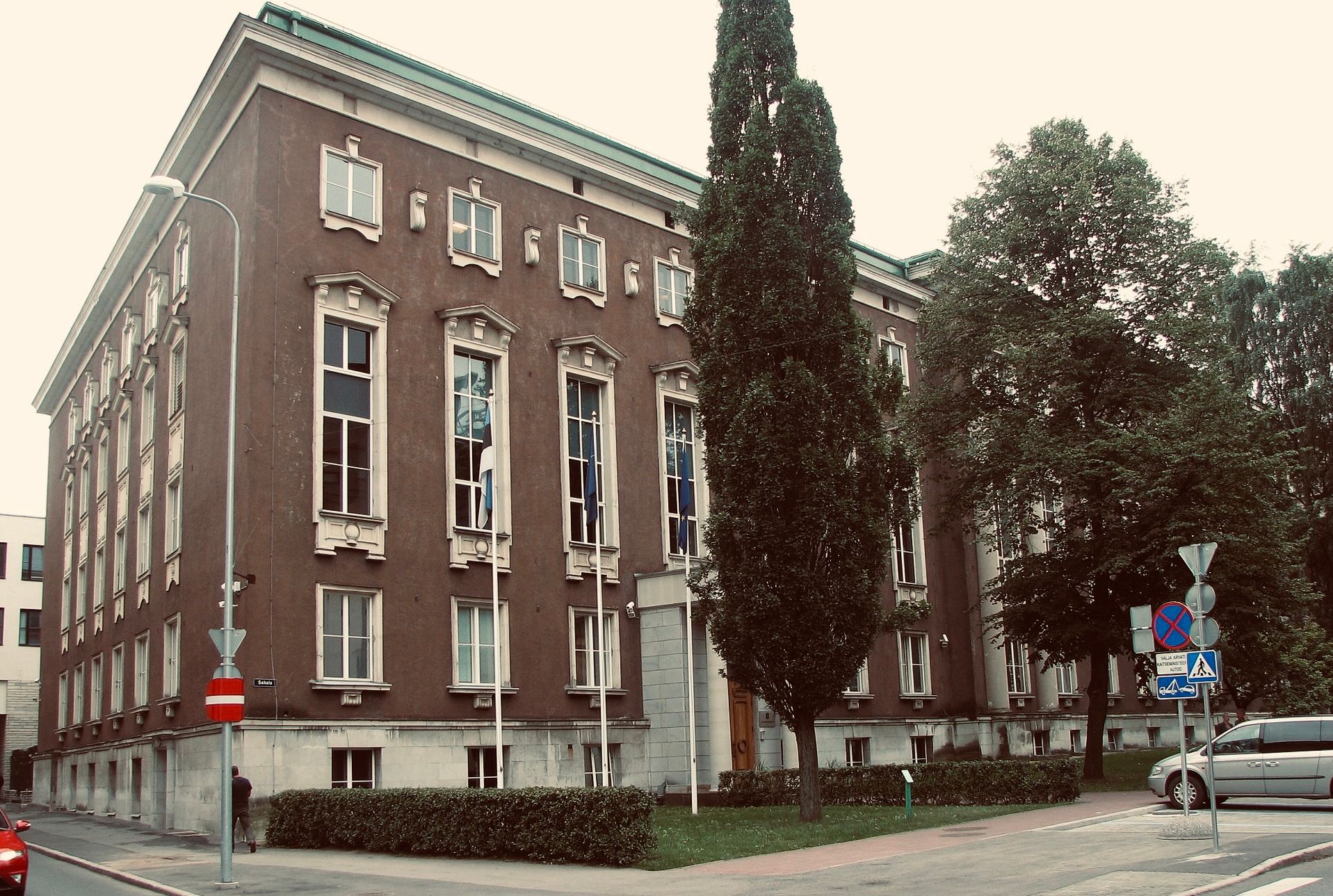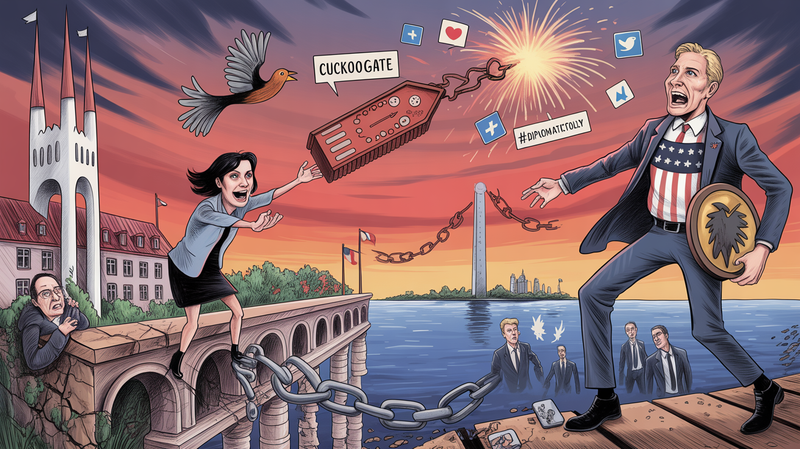Estonia's Kaitseressursside Amet Name Change and Philosophical Reflection
In the intricate tapestry of international defense and national policy, the nuances can sometimes be overlooked. Such is the case with the renaming of Estonia's Kaitseressursside Amet (KRA) to the "Riigikaitse Inimjõu Keskus" (RINK), or the National Defense Human Power Center in English. While this might

In the intricate tapestry of international defense and national policy, the nuances can sometimes be overlooked. Such is the case with the renaming of Estonia's Kaitseressursside Amet (KRA) to the "Riigikaitse Inimjõu Keskus" (RINK), or the National Defense Human Power Center in English. While this might initially appear as a mere bureaucratic gesture, it holds profound philosophical implications and ties into the greater narrative of a shifting global order.
A Shift from Resources to Human Power
Philosophically speaking, the transition in naming from KRA to RINK represents a fundamental change in perspective. The original title, focusing on "ressursside" or "resources", carries a quantitative implication, suggesting a focus on the sheer number of personnel or material assets. On the contrary, the new nomenclature, centered around "inimjõu" or "human power", emphasizes the qualitative aspect of human potential, skills, experiences, and the holistic value individuals bring to national defense.
The New World Order and Defense
In today's rapidly changing world, national defense isn't simply about the number of troops or the size of an arsenal. The new world order, characterized by technological advances, cyber warfare, and information dominance, requires a defense force that's intellectually versatile, technologically adept, and globally aware. In this context, the term "human power" underscores the need for individuals who possess not just physical prowess but also cognitive and collaborative capabilities, adaptable to multifaceted challenges.
Human Power: A Deeper Dive
Delving deeper into the concept of "human power", one can't help but grapple with philosophical inquiries. What constitutes human power? Is it just the physical strength or does it encompass intellectual vigor, emotional resilience, and the capacity for innovation? The choice of the term "Riigikaitse Inimjõu Keskus" reflects a holistic view of defense, where individuals are not just foot soldiers but thinkers, strategists, and innovators.
Reflection on the Global Implications
The renaming is more than an administrative decision; it's a statement on Estonia's stance in a globalized world. It's an acknowledgment that in the new world order, nations cannot solely rely on traditional metrics of defense. They must recognize and harness the intrinsic value of their human capital, understanding that the true strength of a nation lies not just in its weapons but in the minds, hearts, and spirits of its people.
Conclusion
The name change of Estonia's Kaitseressursside Amet is emblematic of broader shifts in perception about defense, nationhood, and global responsibilities. It's a testament to the evolving nature of defense in the 21st century, and how nations like Estonia are adapting by placing their trust not just in machines but in the boundless potential of their citizens.




